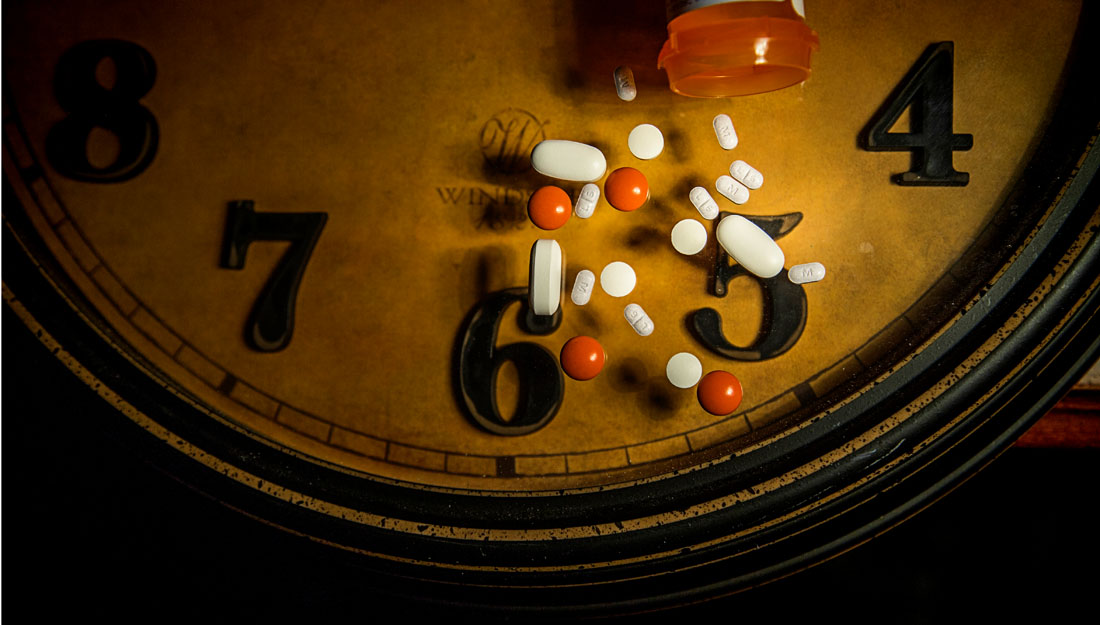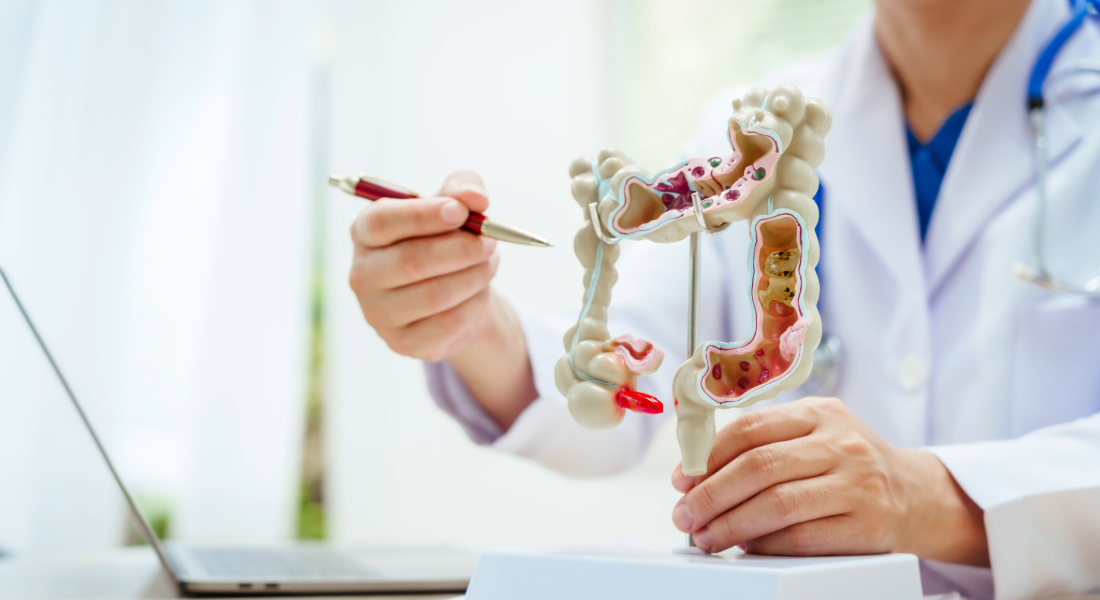- Dominic Hernandez
- Community, Healthy Living, Show on VR homepage, Trending, You Asked
You Asked: When’s the best time of day to take my medication?
Does when you take them really affect how your medications work? For some, yes.

Humans are creatures of habit, and many people fall in the habit of taking their daily medications all at once. However, Rene Verduzco, PharmD, pharmacy residency director at the Texas A&M Irma Lerma Rangel College of Pharmacy, explains that this might not be the best approach because different drugs should be taken at different times.
“It’s a common concern for many people to wonder if they’re taking their medication most efficiently,” Verduzco said. “The best time to take them is really dependent upon the type of medication.”
Because there are so many different drug classes, people who take many medications on a regular basis may find themselves putting together pieces of a complicated puzzle. Certain medications do work more efficiently in the mornings or evenings. For other types of drugs, taking them consistently at the same time of day is more important than when you take them.
Other medications, like those for asthma attacks, should be taken on an as-needed basis, which may be in the morning, the evening or both, depending on the day. “It’s common for people with asthma to use their inhaler in the morning and evening,” Verduzco said. “If your asthma is sensitive to exercise, then it’s best to use the medication before strenuous activities.”
Morning medications
Heartburn medications: Certain preventive medications should be taken 30 minutes before the first meal of the day—even if symptoms usually occur at night or at bedtime. “These medications are taken on an empty stomach to prevent future relapses of heartburn,” Verduzco said. “The proton pumps in your body that reduce the production of stomach acids are most active in the morning.”
Thyroid replacement drugs: These should be taken first thing in the morning either with food or on an empty stomach. Your provider can adjust the dosage based on the levels of hormone in the blood and how consistently you’re taking the medication.
Phosphonates: These are given to treat and prevent osteoporosis, a condition in which the bones become weak and brittle, and should be taken in the morning with a full glass of water to ensure your medication works most efficiently. “These should be taken at a time when you know you won’t be laying down again,” Verduzco said. “Once you take this, you should be standing or at least sitting upright for about 30 minutes.”
Evening medications
Sleep aids: As expected, if you take medications that help you sleep, it’s best to take them in the evening—about 15 to 20 minutes before bedtime, or as otherwise prescribed.
Blood pressure medications/beta blockers: If you’re taking these medications, talk to your health care provider about the ideal time of day to take them, though as a general rule of thumb, evening is best. “Providers may specify to take these in the evening because of side effects that can occur,” Verduzco said. “Many people will sleep through those side effects.”
Statin and cholesterol medications: Between 2 a.m. and 4 a.m. is when your cholesterol is being produced and most active. Take cholesterol medications at night so you get the highest concentration of the drug at the right time.
Allergy medications: Many allergy medications can cause drowsiness, and if your allergies are keeping you awake and congested during sleeping hours, you may need to take these at night. Other medications, such as Benadryl and Claritin, can be taken throughout the day, as they are low- or non-sedating types of antihistamines.
What’s more important: Time of day or consistency?
For many medications, a regimen of every 24 hours is needed to keep a consistent amount of medication in your body throughout the entire day. If you take your medication in the morning one day, and in the evening the next day, you’re potentially going 12 hours non-medicated because of taking it at inconsistent times. Consult your provider on ways to regularly take your medication, especially if you are traveling between time zones.
“The key thing we stress to patients is that it’s not always about when you take it, it’s about keeping it consistent.” Verduzco said. “Although certain drug classes are better to take in the morning or at night, it’s best to make it a habit to take your medication at the same time of day every day.”
Media contact: media@tamu.edu


